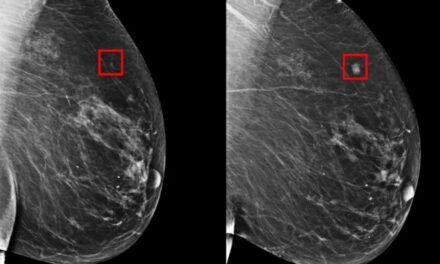A groundbreaking global study published in the Annals of Internal Medicine has revealed that individuals who have contracted COVID-19 may face an increased risk of developing autoimmune inflammatory rheumatic diseases (AIRDs) for up to a year following infection. The research, conducted by experts from South Korea, Spain, the US, and the UK, sheds light on the long-term health implications of COVID-19, with severity of infection playing a crucial role in determining the extent of risk.
The study’s lead researchers, hailing from Kyung Hee University in Seoul, sought to investigate the lingering impact of COVID-19 on the development of AIRDs. To achieve this, they analyzed data from two large-scale population-based cohort studies encompassing over 10 million Korean and 12 million Japanese adults. By comparing individuals who had contracted COVID-19 with those who had not, as well as with patients who had suffered from influenza, the researchers were able to assess the onset of AIRDs at 1, 6, and 12 months post-infection.
The findings of the study revealed a notable increase in the risk of developing AIRDs within the first year following COVID-19 infection. Moreover, the severity of COVID-19 appeared to correlate with a heightened risk of AIRDs, with individuals experiencing more severe symptoms facing a greater likelihood of developing these conditions.
“Our study indicates a concerning association between COVID-19 infection and the subsequent development of autoimmune inflammatory rheumatic diseases,” stated the researchers in their paper. “This risk persists for up to 12 months following infection, with severity of acute COVID-19 exacerbating the likelihood of developing AIRDs.”
Importantly, the researchers also observed that COVID-19 vaccination played a role in mitigating the risk of AIRDs. However, even among vaccinated individuals, those who had experienced severe COVID-19 infections remained at a heightened risk for developing these autoimmune conditions.
While the study provides valuable insights into the potential long-term consequences of COVID-19, the researchers emphasize the need for further investigation to better understand the underlying mechanisms driving this association. Additionally, they caution that the findings are based on observational data and highlight the importance of continued vigilance in monitoring the health outcomes of individuals who have contracted COVID-19.
As the global medical community continues to grapple with the ongoing pandemic, studies like these underscore the importance of comprehensive research in uncovering the full spectrum of COVID-19’s impact on human health. By gaining a deeper understanding of the long-term implications of COVID-19, healthcare providers can better tailor strategies for prevention, diagnosis, and treatment, ultimately safeguarding the well-being of populations worldwide.












